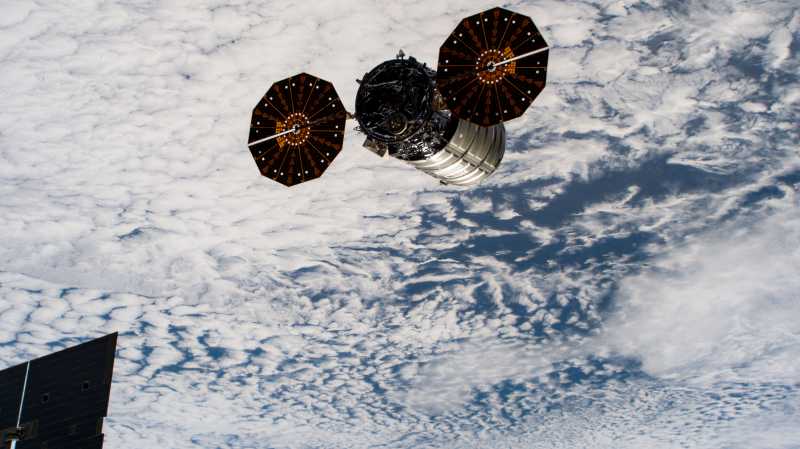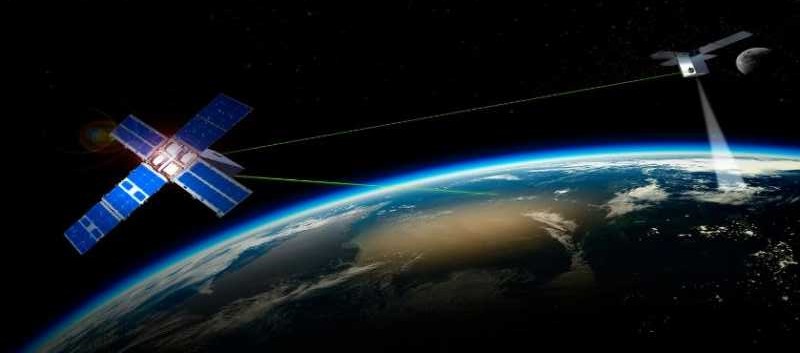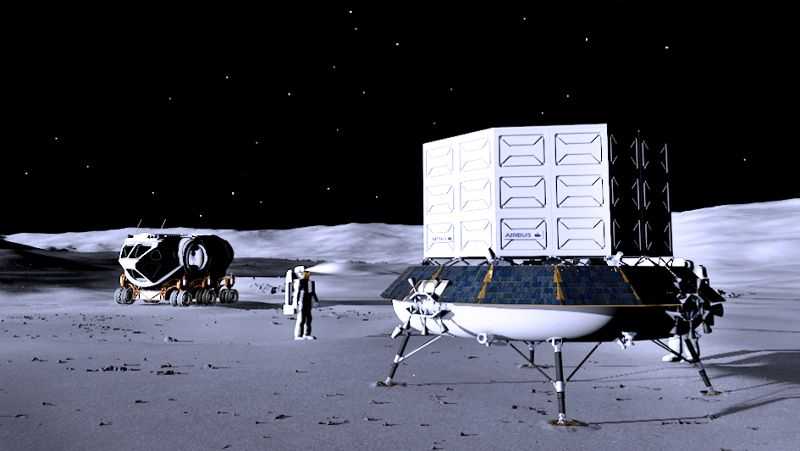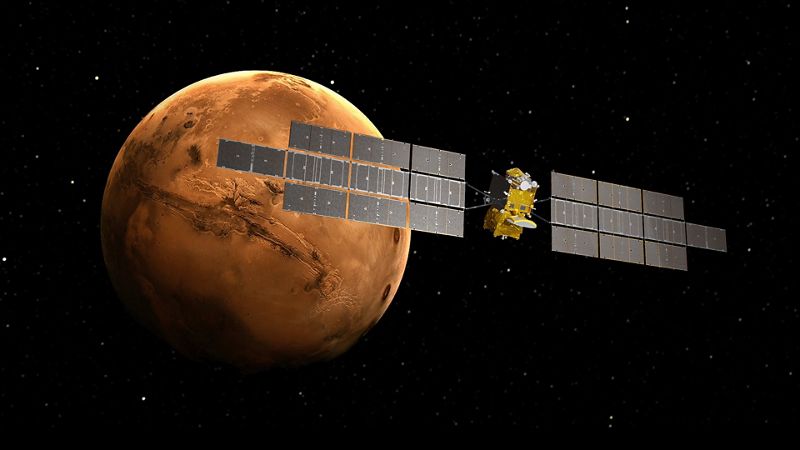
The Pressurized Cargo Module (PCM), developed by Thales Alenia Space, on a new resupply mission to ISS, with approximately 3,600 kg of precious cargo on board.
The Cygnus spacecraft, dedicated to deliver supplies to the International Space Station (ISS), has been successfully launched by an Antares rocket from Wallops Island, Virginia, on its 14th operational mission. Cygnus comprises two main elements: a Service Module, built by Northrop Grumman, and an enhanced Pressurized Cargo Module (PCM), developed and built by Thales Alenia Space, a joint venture between Thales (67%) and Leonardo (33%). Northrop Grumman also builds the Antares rocket.
Since 2013, Cygnus missions have been the main enabler of the safe resupply of the International Space Station, a lifeline designed to transport the fundamental cargo, including oxygen, water, scientific experiments, crew supplies, and spare parts. Since the end of 2015, the enhanced Cygnus configuration features a more efficient design, able to accommodate more payload weight (over 3,500 kg) and volume.
Each resupply mission to the ISS contains crew supplies and vehicle hardware but also increasingly carries scientific investigations in the areas of biology and biotechnology, Earth and space science, physical sciences, and technology development and demonstrations.
The newly launched spacecraft is carrying a new raft of experiments such as Plant Habitat-02, dedicated to the Assessment of Nutritional Value and Growth Parameters of Space-grown Plants, which will cultivate radishes as a model plant that is nutritious and edible. This investigation is critical for NASA’s human exploration of the Moon and Mars. Two other experiments will be carried by Cygnus’s PCM: the Universal Waste Management System (UWMS) will demonstrate the technology for a compact toilet for astronauts and an investigation from the University of Puerto Rico will test oxidation of ammonia in microgravity as a potential means of producing water and energy to be used on deep-space exploration missions.






